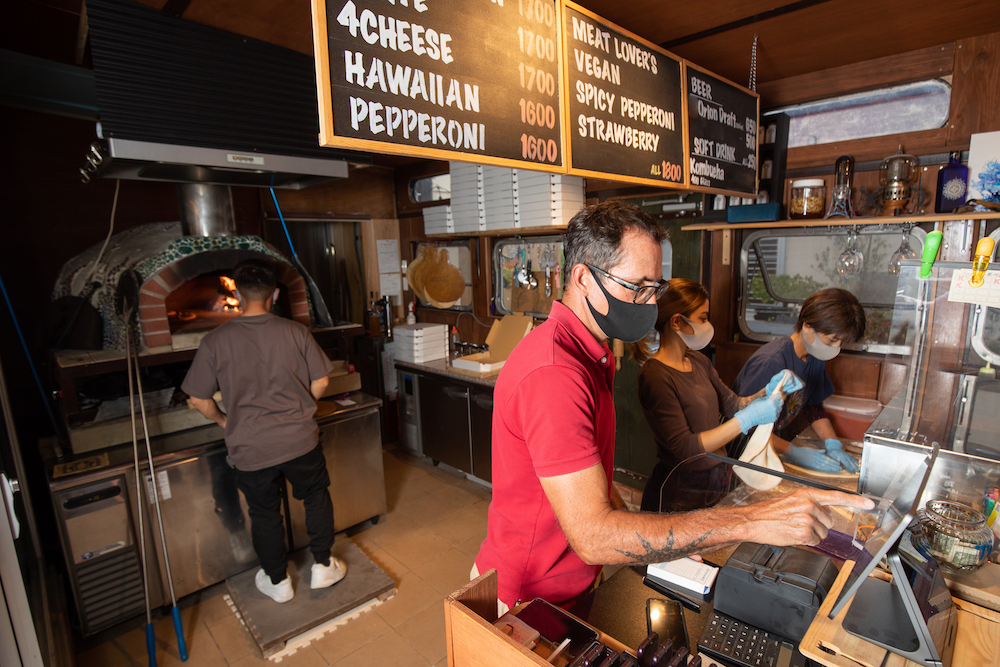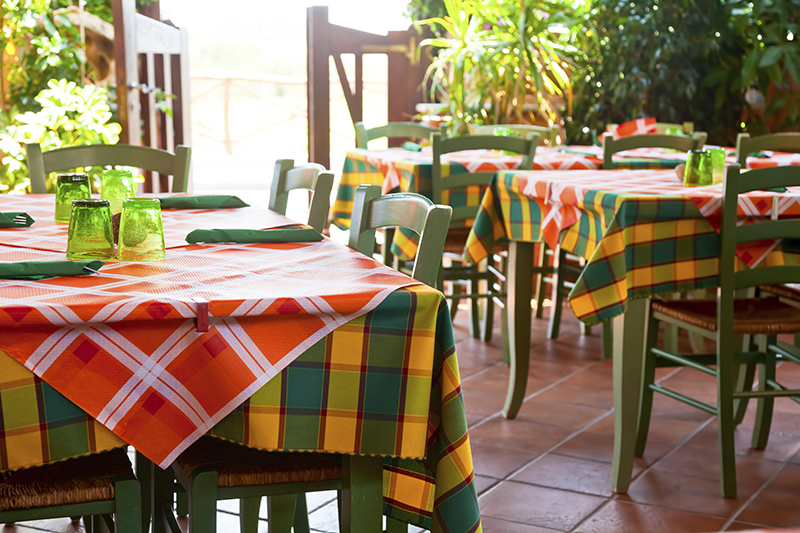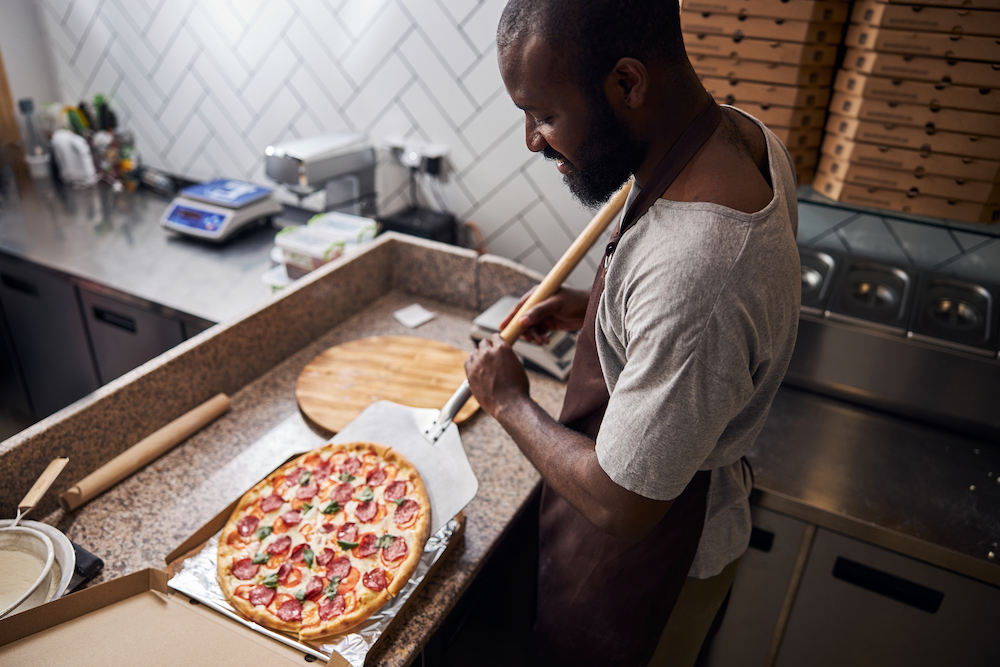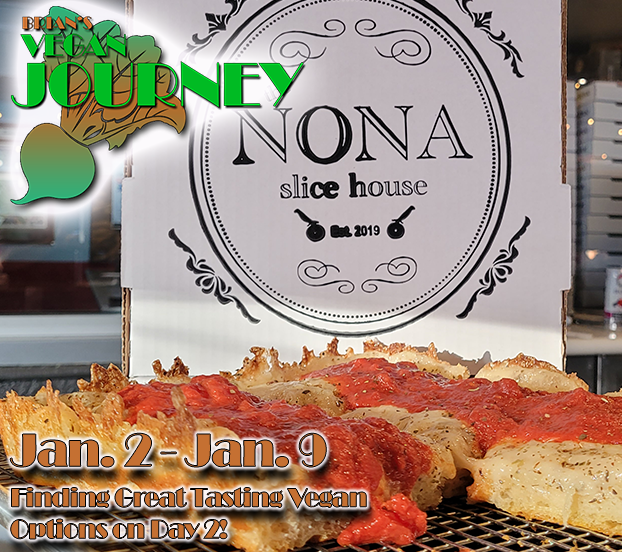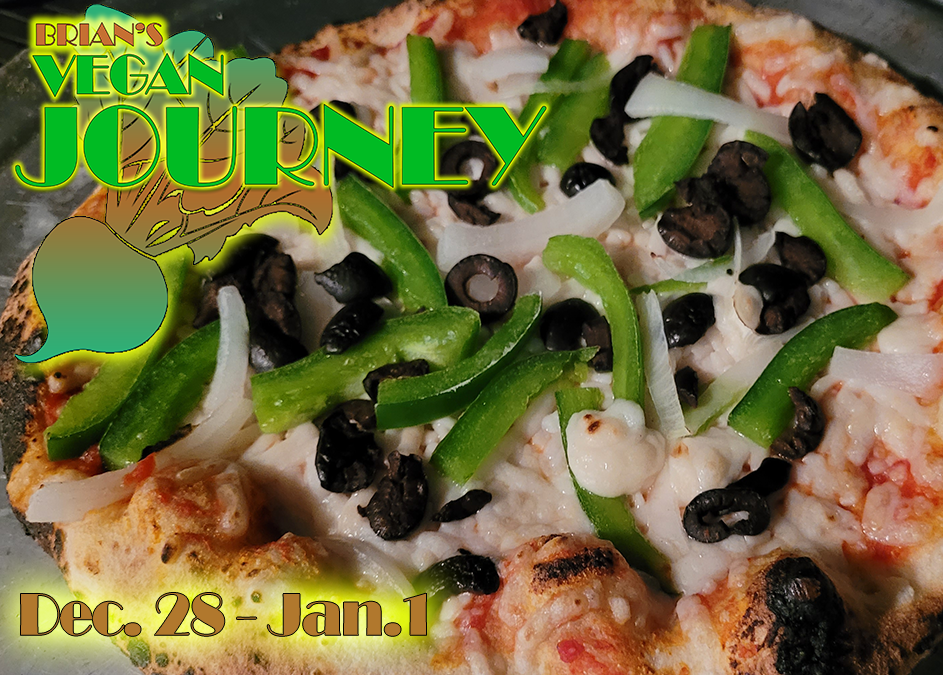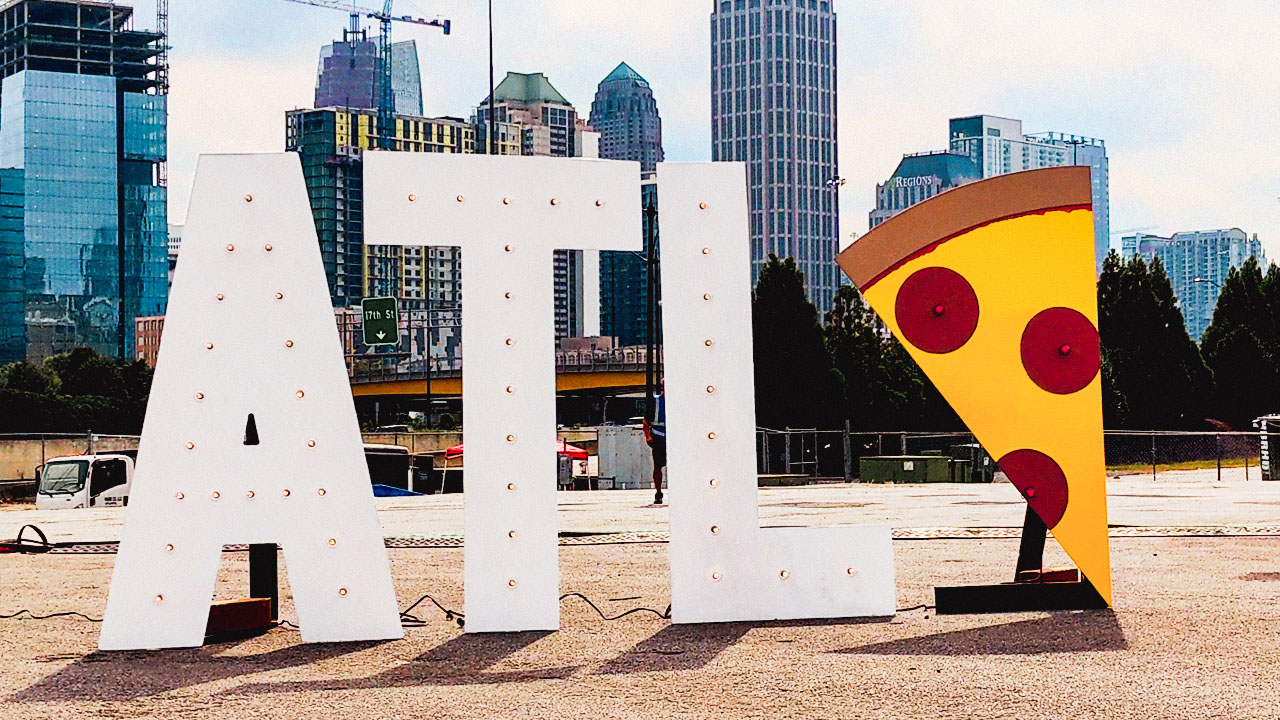As a pizzeria operator, dough is your currency, in more ways than one: You make the dough to earn the dough. So it’s crucial to purchase the right mixer for handling your most important commodity.
But mixers can also be used to churn out other essential ingredients, including sauce, cheese and toppings. Considering factors such as capacity, versatility, speed and durability, a mixer can help your sales soar or fasten a choke hold on production and profits.
So what are the benefits and drawbacks of the two most common types of mixers, spiral and planetary? Which is right for you?
When trying to decide between a planetary and spiral dough mixer for your pizzeria, consider the following:
- There is no significant price difference between spiral and planetary mixers.
- Spiral mixers have one job in the pizzeria kitchen: mixing dough. But what they lack in versatility, they make up for in speed and quality.
- Unlike the spiral mixer, the planetary mixer, with its ability to support multiple attachments, is also good for mixing sauces, grinding cheeses and shredding vegetables.
- A planetary mixer works better in lower-volume, single-unit operations. But, even if your pizzeria isn't currently high-volume, keep potential future growth in mind when choosing a mixer; spiral mixers are ideal for high-volume pizzerias.
- Higher-volume operators should consider buying both a spiral and planetary mixer. The quality and volume of a spiral mixer’s capabilities coupled with the versatility of the planetary model makes for an unbeatable combination.
Want to know more? Read what the experts have to say about choosing a mixer for your pizzeria.


